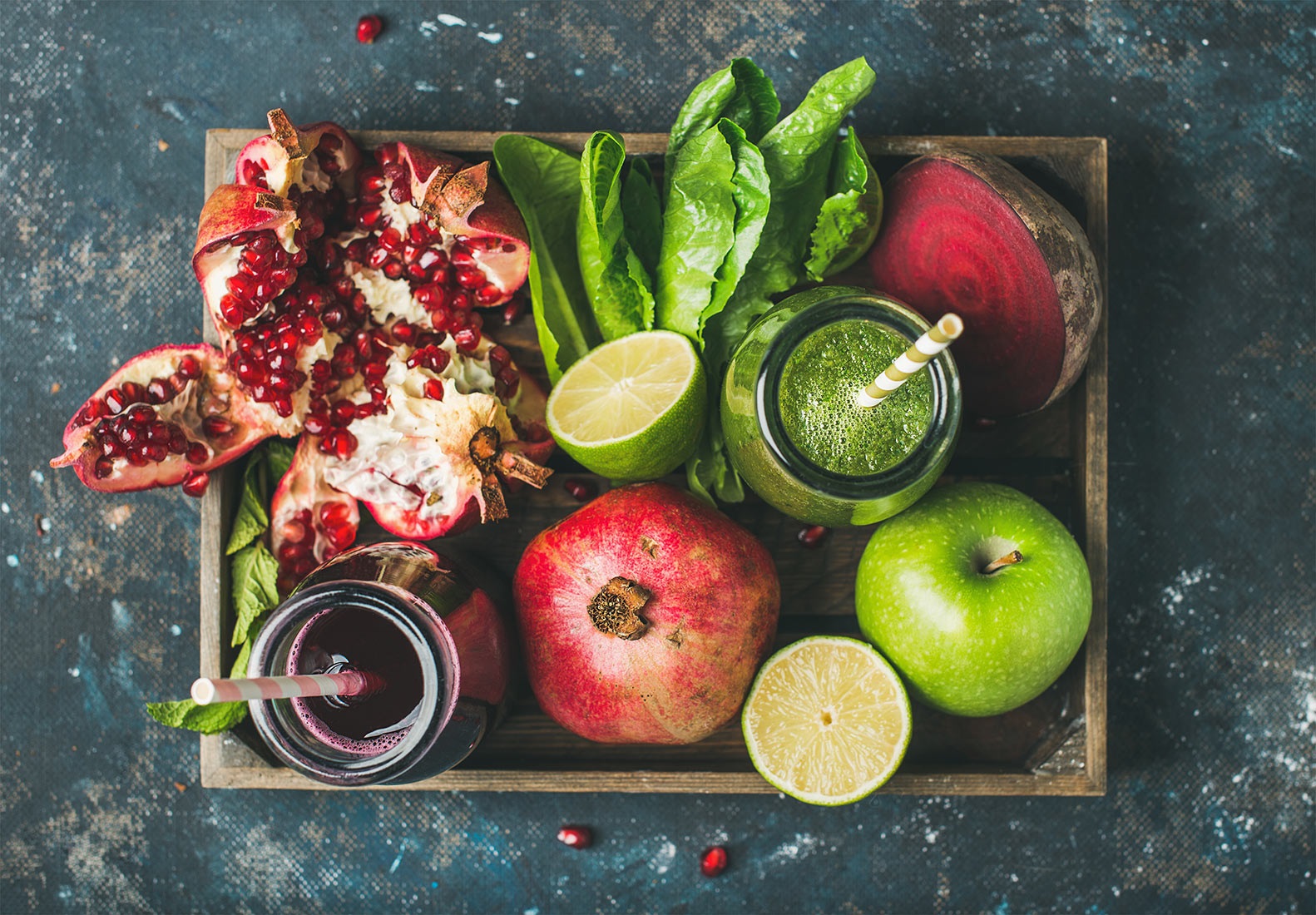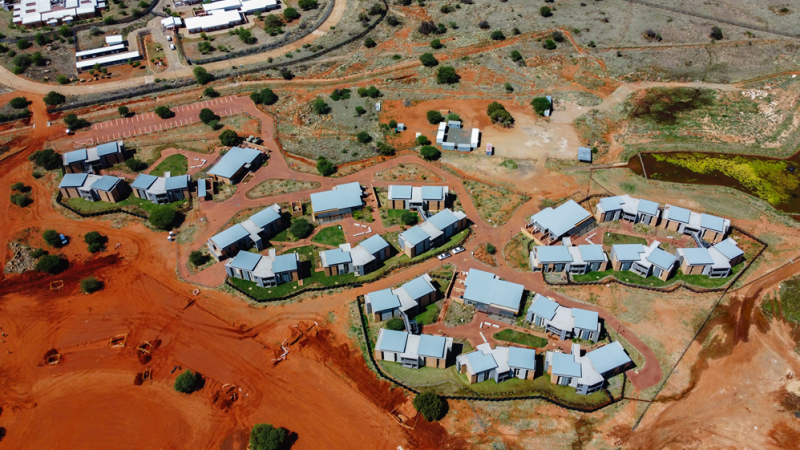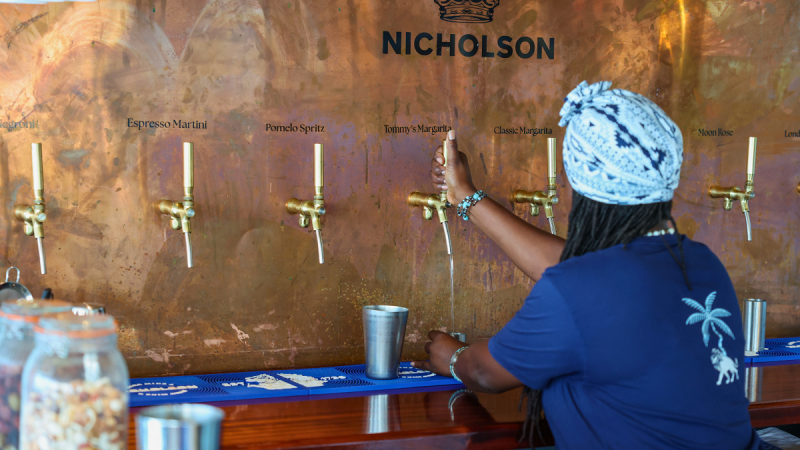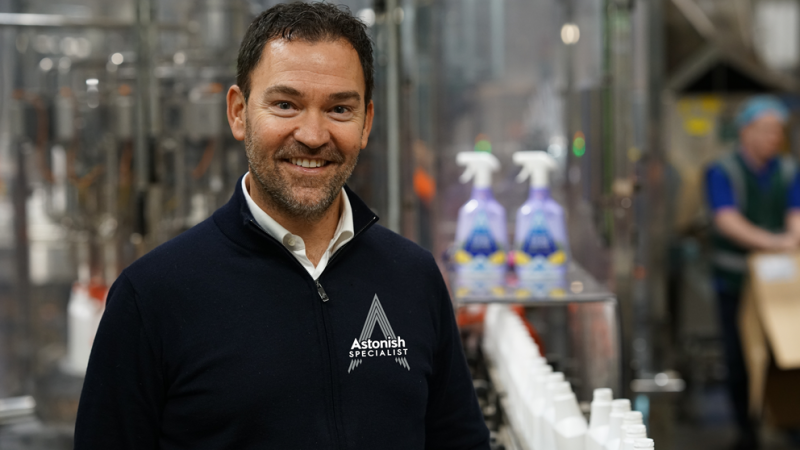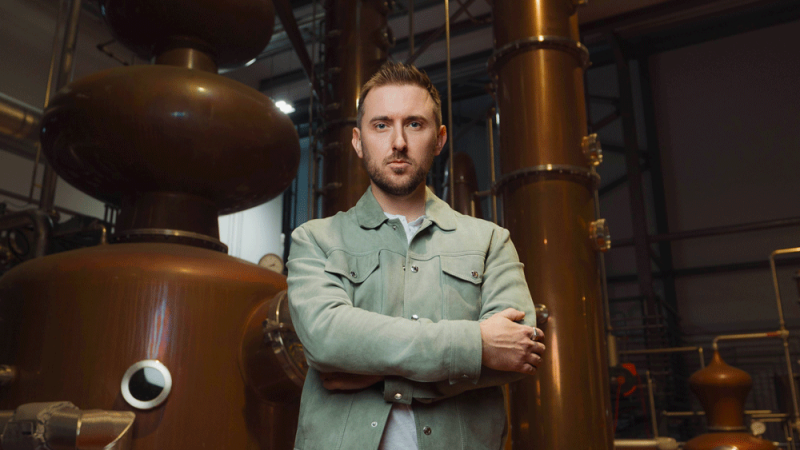Al Rabie Saudi Foods was founded in 1979, working in the food and dairy products sector. As the company grew and developed its product range, its focus shifted towards the juice sector. Before long, Al Rabie Saudi Food became the number one juice company in the country and has remained so for 20 years.
The company has an HQ in the capital city of Riyadh and has established a distribution network that stretches across the Kingdom and the region as a whole.
“We export to most parts of the world, including the US, Canada, Africa, and Europe,” says Bassem Sabra, CEO of Al Rabie Saudi Foods.
At the same time as establishing a strong, far-reaching supply chain, Al Rabie also has a foothold in the imaginations of its customers.
“Al Rabie is a strong, reliable brand that most Saudis know from their time in school,” Sabra tells us. “Any Saudi will tell you that this is the juice they were raised on in the 90s and 2000s. The potential of the brand is great, and we have a solid infrastructure and good potential to grow.”
The Taste of Childhood
That position as the drink consumers remember from their schooldays grants it a unique vantage point in the market.
“We have done research with consumers, using focus groups of 2,500 people, and the two words that are mentioned whenever you mention us are ‘quality’ and ‘reliability’,” Sabra says. “In the 90s and 2000s, it was served in schools. They trust that when you drink one of our products it is a product with quality, and it’s reliable. It is linked to the heritage of Saudi consumers. When you are raised on a brand when young it hooks into you when you grow up.”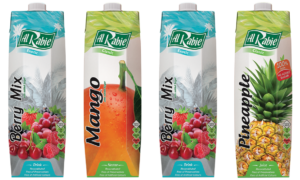
Al Rabie might be the brand Saudi millennials remember from their childhoods, but that does not mean the company can depend on that alone.
“We are operating in a very diversified and segmented category,” Sabra points out. “There are a lot of players, and we are diversified across short life, long life, and more.”
While the market has continued to become more competitive, Al Rabie is also facing challenges in the form of government policy. In 2020 the Saudi government imposed an excise tax on all juices that contain sugar. This was a 50% sugar tax, the highest such tax in the world.
“Across the market, most of the juices in Saudi were sugar-added juices. The market dropped by 40 or 50% overnight,” Sabra recalls.
Understandably, a price hike of that scale will affect consumer behaviour, no matter how loyal they might be otherwise.
“Consumers have moved to other liquid replacement products. When I took over in 2022, it was a tough time,” Sabra admits. “We were losing 50% of our revenue but had the same operating costs.”
As he took over the company, Sabra’s job was the turn Al Rabie into a firm that could compete in this new regulatory and commercial environment.
“The challenges in 2022 and 2023 are challenges of transformation,” Sabra points out. “We are in an internal transformation phase, looking into portfolio changes and bringing new blood into the organisation to help us build the skill set that will really take us to where we deserve to be. The challenges are there but I can also visualise the opportunities over the next three-to-four years.”
New Blood
That “New Blood” is an intrinsic part of Sabra’s vision for the transformed Al Rabie. That means finding people who not only have the skills and qualifications Al Rabie Saudi Foods needs but also the right attitudes and vision to make the company a success.
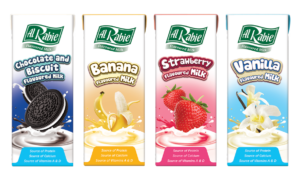
“We have support from specialised recruiting agencies for executive and frontline positions. I have worked in a lot of countries and have a network in the industry, so we can use a combination of external recruiting agencies and our own networks,” Sabra explains. “What we are looking for is a specific skill set. We are looking for general financial grade expertise, project management, and marketing. What we did in 2022 was restructure the organisation. We were specific in our job descriptions to ensure we acquired the right candidates with the right skill sets.”
Sabra has also been looking at ways to elevate and develop Al Rabie’s existing staff.
“In parallel with that, we have been creating multiple projects to elevate the existing team’s capability based on the function of those job descriptions,” Sabra says. “I can say proudly that we took the highest prize for training and development in the FMCG sector in 2022.”
Across every aspect of the business, Al Rabie Saudi Foods is changing, and Sabra is excited to realise his vision for the company’s future.
“2022 was a big transformational year for our company on multiple fronts, and we are looking to expand our portfolio on multiple fronts,” he says. “We have restructured the foundation of this organisation. It’s very solid in terms of manufacturing, its supply chain and its value proposition.”
While the juice sector is the one that has made Al Rabie’s name, Sabra is keen to see the company move above and beyond that, building its name across further market sectors.
“I think we can go beyond the juice market and work to include backward integration, as well as forward and vertical integration,” Sabra says. “This is the plan we are working with, with the board of the team. The DNA of the brand is reliability and quality, so we plan to expand on that.”
